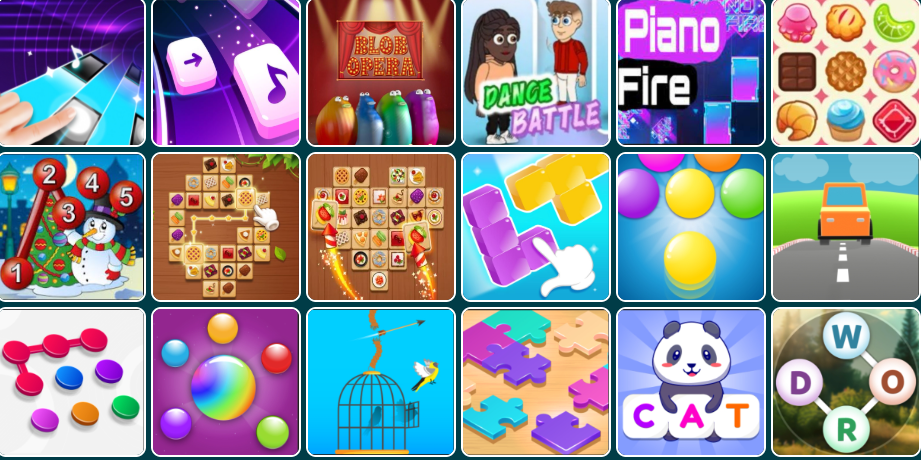How to Make 10 Games: A StepbyStep Guide with Common Questions Answered
Content:
Creating your own games can be an incredibly rewarding experience, whether youre a beginner or an experienced developer. But where do you start? If your goal is to make 10 games, youll need a solid plan, creativity, and a willingness to learn. Below, we address common questions and provide a structured approach to help you achieve your goal.
1. What Skills Do I Need to Make 10 Games?
Before diving in, assess your skills. Game development typically requires:
Programming: Knowledge of languages like Python, C#, or JavaScript.
Design: Understanding of user interfaces, storytelling, and mechanics.
Art & Audio: Basic skills in creating graphics or sourcing assets.
ProblemSolving: Debugging and iterating on your ideas.

If youre starting from scratch, consider learning through online courses or free resources like Unity Learn or freeCodeCamp.
2. How Do I Choose Ideas for 10 Games?
Coming up with game concepts can be overwhelming. Here are some tips:
Start Small: Begin with simple prototypes (e.g., a puzzle game, a platformer).
Explore Trends: Look at popular games for inspiration but add your unique twist.
Share Your Ideas: Ask friends or online communities for feedback.
For example, if you love puzzle games, you could make 10 variations—each with a different mechanic (e.g., time limits, hidden objects).
3. What Tools Should I Use to Make 10 Games?
The right tools can streamline your workflow:
Game Engines: Unity (C#), Unreal Engine (C ), or Godot (GDScript).
Asset Stores: Unity Asset Store or Unreal Marketplace for made assets.
Version Control: Git to manage your code and assets.
For beginners, Unity is highly recommended due to its beginnerfriendly interface and vast community support.
4. How Long Does It Take to Make 10 Games?
The timeline depends on your experience and game complexity:
Prototype: 12 weeks for a simple game.
Polished Game: 26 months for a more refined product.
Full Series: Making 10 games could take 12 years if you release them gradually.
5. Should I Release Each Game Publicly?
n feedback and improve:
Sharing is Key:
Post your games on platforms like itch.io or Steam.
Join forums (e.g., Reddit’s r/gamedev) to share progress and ask for critiques.
Use social media to build a following.
For instance, after releasing your first game, you might share:
*I recently made 10 games, and the most valuable lesson? Early feedback saves time!*
6. How Can I Monetize My Games?
Consider these options:
PaytoPlay: Charge a onetime fee for your games.
InGame Purchases: Offer cosmetic items or additional content.
Donations: Support from patrons via Patreon.
7. What Are Common Pitfalls to Avoid?
Scope Creep: Don’t overcomplicate your first games.
Neglecting Testing: Playtest early and often.
Lack of Patience: Game development is iterative—don’t give up!
Conclusion: Embrace the Journey to Make 10 Games
m to build a career in game development or simply have fun, remember that every game you make is a step forward.
Now, go create something amazing!

